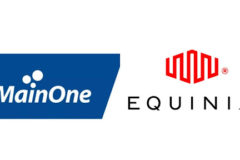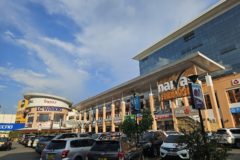
IN PARTNERSHIP WITH

Good morning🎊
These days, more people are using social media to buy and sell products. Want to order a pizza? Go to Twitter to search “best pizza in Lagos” and get the best options within minutes. You can even order and pay for delivery using some of these social media sites.
In Nigeria, there are about 76 million online shoppers, but many of these buyers don’t trust social commerce yet. Why? There’s the fear of fraud and no one wants a “What I ordered vs What I got situation”. And caution is good, after all, Nigerians lost ₦273,235,485 ($650,000) to Instagram scams between 2020 and 2021.

What would it take for more people to trust social commerce? Here’s what some vendors are doing to build trust and capacity.
CRYPTO MARKET

|
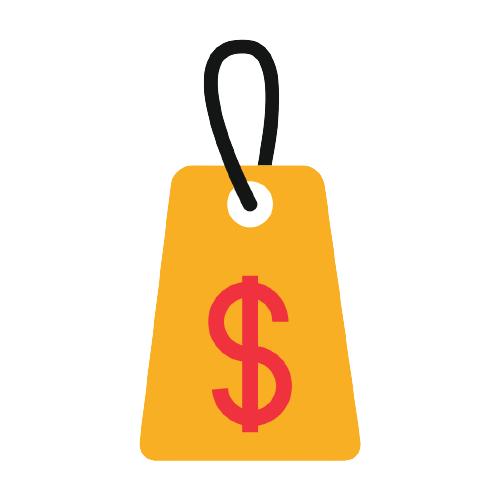
|

|
|---|---|---|
|
Bitcoin 
|
$19,125 |
+ 1.04% |
|
Ether 
|
$1,324 |
+ 2.28% |
|
BNB 
|
$274 |
– 0.05% |
|
Solana 
|
$33.39 |
+ 2.55% |
|
Cardano 
|
$0.44 |
– 0.65% |
|
|
Source: CoinMarketCap
|
|
* Data as of 22:00 PM WAT, September 26, 2022.
MICROSOFT PARTNERS WITH AFDB TO SCALE YOUTH ENTREPRENEURSHIP

Nigerians—and Africans by extension—have been described as a unique population of business-minded people. From where we stand, we can posit that Microsoft and the African Development Bank (AfDB) believe this too, as they have now partnered to create an Africa with more entrepreneurs.
Well, there’s no smoke without fire. There are simply not enough jobs for the many young and brilliant minds scattered across the continent. So, they are employing themselves. By solving problems and monetising their solutions, these young entrepreneurs are solving a surging employment crisis and boosting Africa’s GDP.
More entrepreneurs, more prosperity
Those were the words of Wael Elkabbany, the general manager of Microsoft Africa. He believes that if more Africans are trained to solve problems they believe in, Africa will findi its way to sustenance and increased prosperity. This is a truth the AfDB agrees to, so the pair are daring to prove it right.
Microsoft is doing this through its African Transformation Office (ATO), while AfDB is spearheading the execution through its Youth Entrepreneurship Investment Banks (YEIB) Initiative.
What’s in it for the entrepreneurs?
Money, training, technical assistance, and professional services. The entrepreneurs will get exposed to curated learning content, funding and credit services, and a host of other professional services that will enable their businesses to thrive and contribute to the continental boom.
Zoom Out: Africa’s young population is projected to double in size by 2050, reaching 830 million. Every year, 10 to 12 million youths join the continent’s workforce, but only about 3 million jobs are created, leading to the present unemployment crisis.
Youth entrepreneurship can check this, but affordable access to finance and quality business development services are not yet accessible to most. Initiatives like this can change the narrative, but African youths need more believers in them.
Don’t just send money, send money fast. Send and receive money directly to mobile wallets, bank accounts, Barter or through cash pickup with $end.
Visit send.flutterwave.com and do it now!
This is partner content.
M-PESA TO SEPARATE FROM SAFARICOM
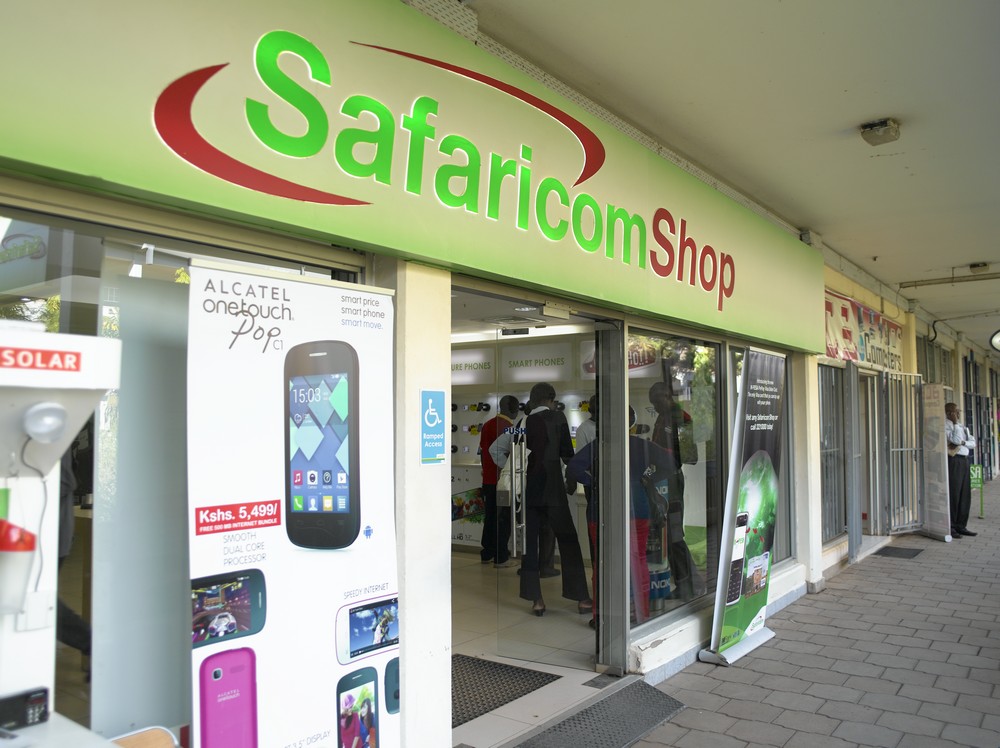
M-Pesa is splitting from Safaricom. They will be separate entities by January 2023. This split comes after over two years of legislative pressure from—the Kenya Information and Communications (Amendment) Bill, which sought to split all telcos from their mobile money businesses.
Why was such a bill necessary?
The bill is trying to level the playing ground. Major carriers like Safaricom, Airtel and Telkom have unfair advantages over smaller operators. For Safaricom, having the majority of the carrier business in the country tips the mobile money business in its favour. After splitting the two businesses, a holding company will manage the telco’s mobile money services, towers, data services, and the Ethiopian arm.
Other MoMos leaving their mothers
Airtel money was the first mobile money (MoMo) operator to separate from its mother company, Airtel Kenya. Telkom Kenya’s T-Kash product might also be on the path to operating as an independent mobile money service.
VENDEASE RAISES $30 MILLION
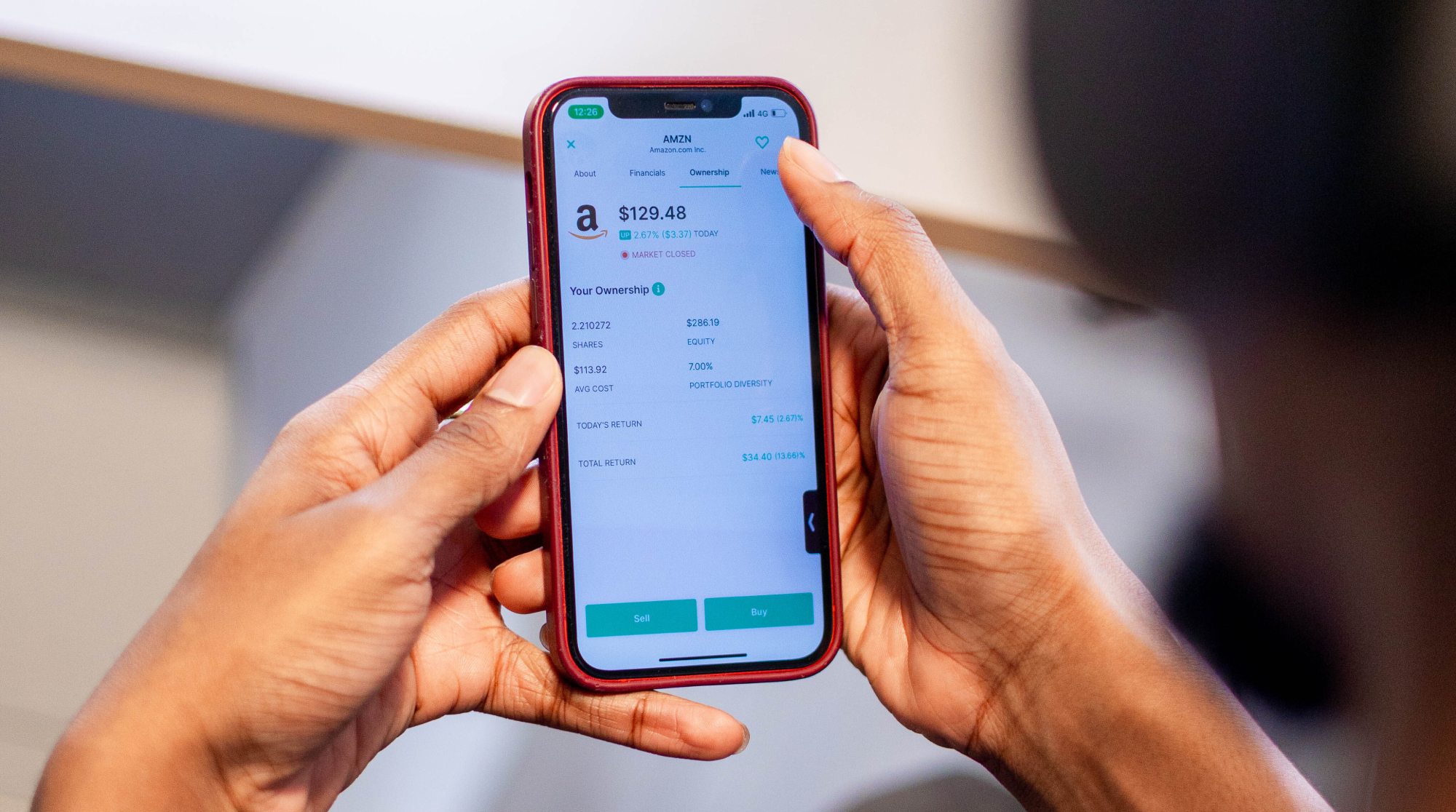
Vendease, a Y Combinator-backed B2C platform has raised $30 million in an equity and debt funding round to consolidate its growth and operations in Nigeria and Ghana, and to support its expansion across the continent.
The Vendor’s ease
Vendease’s mission is simple: give restaurant vendors ease.
The cost of staples has risen by over 100% over the past five years, and more food vendors are finding it difficult to find where to buy supplies at good rates. Vendease is the answer to that.
It is a digital platform that allows restaurants in Africa to buy supplies, access financial services, and power their business operations.
Founded in 2020 by Tunde Kara, Olumide Fayankin, Gatumi Aliyu, and Wale Oyepeju, the startup is present in eight cities across Nigeria and Ghana. Vendease makes bulk-buy deals with food suppliers, warehouses the food, and guarantees delivery within a day for food supplies at considerably cheaper prices for restaurants.
How they’ve done
Over the last 12 months, Vendease has moved more than 400,000 metric tonnes of food through its platform, helping its users save more than $2 million in procurement costs and more than 10,000 procurement man-hours. On a call with TechCabal, Tunde Kara, the CEO of Vendease, said that the company has seen 3x growth in the number of users on its platform and 5x growth in its revenue over the last 12 months.
The startup was one of the startups selected for Y Combinator’s Winter 2021 cohort. Its last raise was in 2021 when it raised $3.2 million in a seed round.
Zoom out: With its new raise, Vendease plans to deepen its presence in the 8 cities it is present in across Ghana and Nigeria, chase shorter delivery times and expand into a few more markets.
Increase your online sales with a Paystack Storefront – a free, beautiful seller page that helps you bring creative ideas to life.
👉🏾 Learn more at paystack.com/storefront.
This is partner content.
GOOGLE REFUSES TO SHARE NETWORK COSTS

Things have become too hot for European telecoms like Deutsche Telekom, Orange, and Telefonica. Due to the happenings in Russia, energy bills have soared, taking with it the cost of planning, resources, and construction in the connectivity sector. They have asked the European Commission to legally persuade Big Techs like Google, Netflix, and Meta to chip in and make their financial burden lighter.
Google has said no.
Why Big Tech?
The three countries are pressuring Big Tech firms to partly finance telecoms infrastructure because the content and services of Big Tech companies account for about 55% of internet traffic. The telecoms think that these companies have taken enough free rides on their networks.
Google disagrees.
Why?
Google says it has played its part by spending millions of euros to carry traffic 99% of the way. For example, in 2021, it invested most of its €23 billion in capital expenditure on infrastructure including six large data centres in Europe, 20 subsea cables globally, with five in Europe, and caches to store digital content within local networks in 20 locations in Europe.
The telecoms made a similar suggestion 10 years ago and it was rejected because it goes against the principles of open internet enshrined by the European Union. Moreover, Google thinks that contributing more to the capital of these telecoms will negatively impact its consumers, especially during inflations such as the world is currently experiencing.
Start cashing out your bitcoin for naira today. With Cashout, you can own a bitcoin exchange and start receiving payments with bitcoin. Cashout makes it easy to exchange bitcoin for naira.
Get started today! Cash out with Cashout.
This is partner content.
IN OTHER NEWS FROM TECHCABAL
The Next Wave: Can tech founders successfully run their startups from overseas?
Women in boots: Nigerian female founders share their bootstrapping experience.
How Nigerian companies are using extended reality to develop solutions.
The search for Africa’s tech nursery intensifies.
OPPORTUNITIES
- Applications are open for the UK Research and Innovation African Research Leaders’ Programme. Talented researchers in sub-Saharan Africa who are leading quality health research in the region can apply to get up to £750,000 in funding. Apply by December 1.
- The USADF Accelerate Africa Entrepreneurship Challenge 2022 is now open to applications from MSMEs in Africa who are prioritising job creation and job and youth productivity on the continent. Winning applications will receive grants of up to $250,000. Apply by September 30.
What else is happening in tech?
- Babajide Ogunjobi joins VerifyMe as vice president of products and data strategy.
- Five Kenyans among 100 Rise Gglobal winners.
- Binance relaunches margin trading in South Africa.
- What interactive maps and 3D digital models reveal about Mau Mau detention camps in Kenya.






















